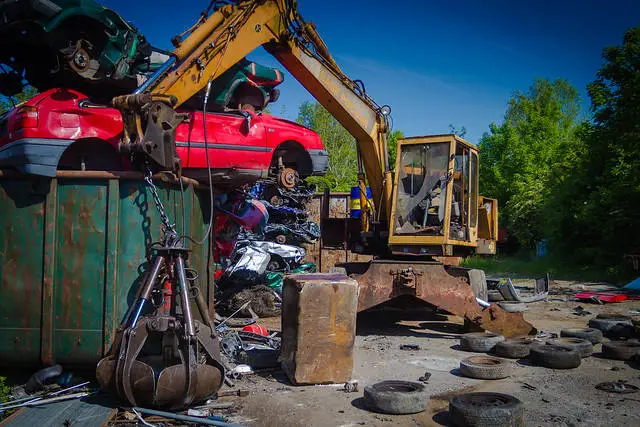The Isle of Wight council share this latest news. Ed
People who are persistently evading parking fines could see their vehicles towed away in a new crackdown by the Isle of Wight Council.
People who are persistently evading parking fines could see their vehicles towed away in a new crackdown by the Isle of Wight Council.
From Monday (19 August), so called ‘persistent evaders’ risk losing their vehicle under the council’s new Vehicle Removal Policy.
A ‘persistent evader’ is where the registered keeper of a vehicle has three or more unpaid penalty charge notices (PCNs).
The policy is designed to reduce crime and vandalism and vehicles repeatedly parking in contravention of regulations.
Ward: IWC will take the strongest possible action
Councillor Ian Ward, Cabinet member for infrastructure and transport, said some people regularly or deliberately broke parking and traffic rules and refused to pay penalty charge notices or debts incurred.
He said:
“Some vehicles are not registered, or is not correctly registered, on the DVLA database and the owner is confident they can avoid paying any penalty charges.
“The Department for Transport guidance advises local authorities to take the strongest possible action against such motorists.
“This new policy allows us to do that.”
How it works
As at September 2018, there were 76 vehicles on the Island with more than ten unpaid parking fines, issued between 2005 and 2018. Some have no registered keeper and continue to be issued with fines.
Under the new policy, such vehicles could be removed from the public highway within 45 minutes and kept in storage — and will only be released on payment of the appropriate fees.
If the fees are not paid within 36 days, the vehicle will be disposed of.
Find out more
For further information and Frequently Asked Questions visit the Website.
The council is working in partnership with local vehicle recovery firm, D.H Price (DHP), on the scheme.
Article edit
17/8/2019 9am – Headline corrected to replace ‘destroyed’ with ‘dispose of’. Apologies for confusion.





